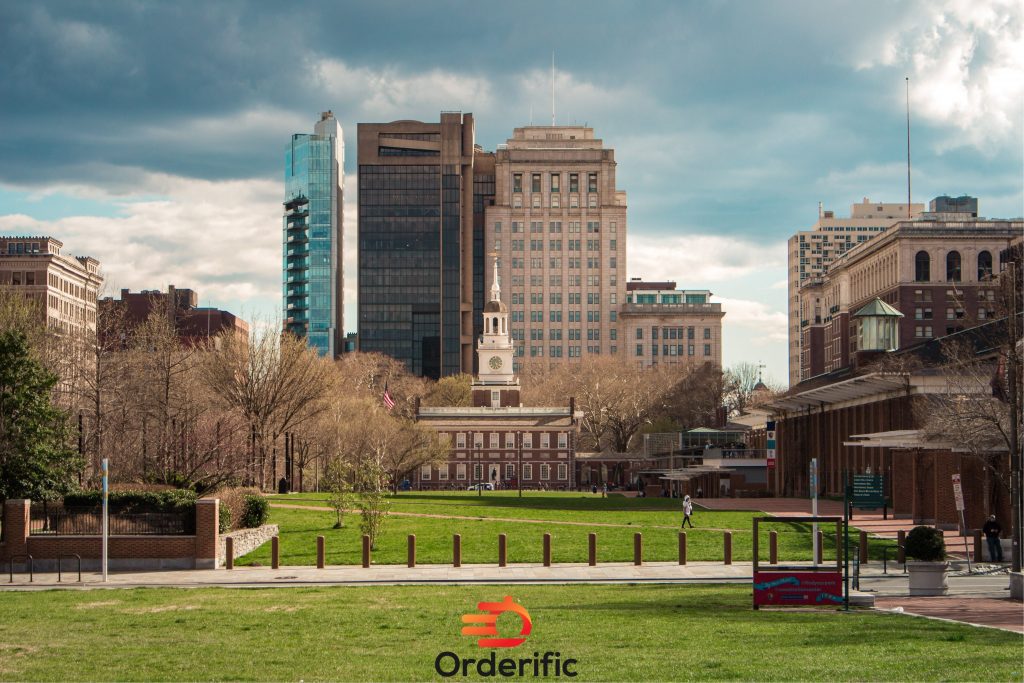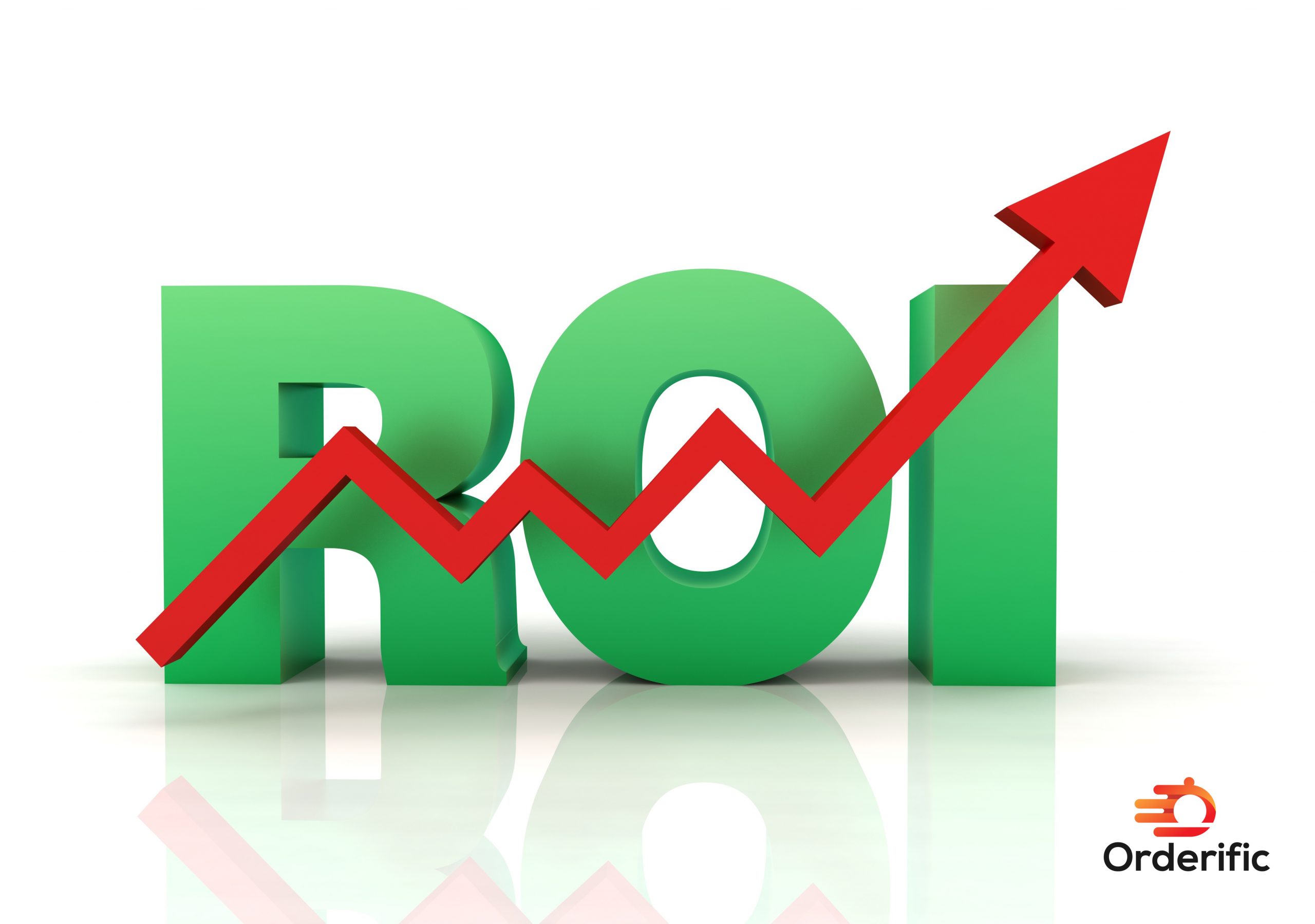Introduction
Understanding the minimum wage laws in Philadelphia is essential, not just for employees who earn an hourly wage, but also for employers who need to ensure compliance with these laws. The city’s governing body, the Philadelphia City Council, along with Pennsylvania’s Governor, Tom Wolf, have both played significant roles in shaping these laws.
Interestingly, Philadelphia’s minimum wage rate stands distinct when compared to other major cities like New York. The Pennsylvania House, under the leadership of Gov. Tom Wolf, has indeed facilitated many minimum wage increases over the years, closely following the guidelines of the Fair Labor Standards Act.
However, the discourse around wages in the United States is ever-evolving and complex. As of now, Pennsylvania’s minimum wage is in sync with the federal minimum but varies for tipped employees. Mayor Jim Kenney, along with the Philadelphia City Council, advocates for a higher wage for Philadelphia residents to ensure a decent living standard.
Current Minimum Wage In Philadelphia

As of 2021, the minimum wage in Philadelphia remains at $7.25 per hour, mirroring the federal minimum wage set by the United States government. Despite efforts from the Pennsylvania House and Gov. Tom Wolf, the state minimum wage hasn’t seen an increase since 2009. However, Gov. Wolf has consistently proposed a higher minimum wage for Pennsylvania’s workers, arguing that the current rate doesn’t provide a suitable standard of living for Philadelphia’s residents.
The Fair Labor Standards Act (FLSA) outlines regulations for wages throughout the United States, including provisions for tipped employees. In Philadelphia, tipped employees have a minimum wage set at $2.83 per hour, also in sync with the federal minimum. However, if these employees don’t earn the standard minimum wage when tips are included, employers are required to make up the difference.
Comparison With Other States
In comparison to New York City, where the minimum wage rate is $15.00 per hour, Philadelphia’s workers are significantly lagging behind. This disparity sparks a continuous debate among the Philadelphia City Council, employees, and employers about the need for a wage increase. Philadelphia’s Mayor Jim Kenney, along with Gov. Wolf and Penn State University, are among those advocating for a higher wage.
Understanding these wage laws and tracking any changes is of the utmost importance for both employees and employers. A potential wage increase could mean a significant financial aid for minimum wage workers, especially in the light of rising living costs. Thus, staying informed about Pennsylvania’s minimum wage laws and the efforts of stakeholders such as the Philadelphia City Council, Gov. Tom Wolf, and Penn State is crucial for all Philadelphia residents.
Philadelphia Fair Workweek And Minimum Wage Bill
The Philadelphia Fair Workweek and Minimum Wage Bill, a key piece of legislation, is making waves in the discourse surrounding the minimum wage in the city. It’s an important milestone in the ongoing efforts of the Philadelphia City Council and Gov. Tom Wolf to improve the standard of living for Philadelphia residents, particularly minimum wage workers. The minimum wage rate in Philadelphia, currently at $7.25 per hour, has been a hot topic of discussion, especially when compared to cities like New York City, where workers earn $15.00 an hour.
The Pennsylvania House, with the support of Gov. Tom Wolf, has consistently proposed minimum wage increases, viewing them as necessary financial aid for the city’s workers. Despite these efforts, Pennsylvania’s minimum wage remains in line with the federal minimum wage, a figure some critics claim is insufficient for modern living costs.
The minimum wage for tipped employees, also set at the federal minimum of $2.83 per hour, further complicates the wage landscape. If an employee’s total earnings (wages and tips) don’t reach the federal minimum wage, their employer must make up the difference, according to the Fair Labor Standards Act.
Stakeholders
Stakeholders like Penn State and Mayor Jim Kenney maintain that a higher wage is essential for a suitable standard of living in Philadelphia. The proposed hikes in the minimum wage are not just about numbers; they’re about ensuring dignity and a decent life for all employees, especially those working hourly jobs.
In the backdrop of these discussions, the Philadelphia Fair Workweek and Minimum Wage Bill could be a game-changer. It signifies the city’s commitment to ensuring fair wages for its citizens. It’s crucial for employees and employers alike to keep an eye on these developments and stay informed about the evolving landscape of wage laws in the United States.
Minimum Wage Increase In Philadelphia
While the current minimum wage in Philadelphia stands at $7.25 per hour, matching the federal minimum wage, there is a growing consensus among the Philadelphia City Council and Gov. Tom Wolf that an increase is necessary. The stagnation of wages since 2009, particularly when contrasted with cities like New York where the minimum wage rate is $15.00 per hour, highlights a pressing need for change.
Echoing this sentiment, Mayor Jim Kenney and Penn State have voiced their support for a higher minimum wage for Philadelphia’s employees. The Pennsylvania House, under the guidance of Gov. Tom Wolf, has consistently proposed an increase in Pennsylvania’s minimum wage. This wage increase is viewed as a form of financial aid for workers who are struggling to meet the rising cost of living on the current wage.
The complex landscape of wages is further complicated by the minimum wage of $2.83 per hour for tipped employees, as stipulated by the Fair Labor Standards Act. However, if a tipped employee’s total earnings, including tips, do not reach the federal minimum wage, then the employer must make up the difference.
Recent Proposal
The recently proposed Philadelphia Fair Workweek and Minimum Wage Bill could be a game-changer in the battle for wage increases. This bill, supported by the Philadelphia City Council and Gov. Tom Wolf, underlines the city’s commitment to its workers and could serve as a catalyst for a minimum wage increase.
As Philadelphia residents, it is essential to stay informed about the changes to the state minimum wage and the city’s efforts to provide a higher wage for its employees. The discourse around wage increases is not just about numbers, but about ensuring a decent standard of living for all minimum wage workers. As the landscape continues to evolve, both employees and employers must remain vigilant and informed about the state of wages in the United States.
Tipped Employee Minimum Wage In Philadelphia
In Philadelphia, the minimum wage for tipped employees currently stands at $2.83 per hour, aligning with the federal standard. This category applies to employees who consistently earn more than $30 a month in gratuities. Under the wage regulation, it is stipulated that if the combined amount of an employee’s tips and hourly wage does not reach the standard minimum wage of $7.25 per hour, the employer is obligated to make up the difference. This crucial provision ensures that tipped employees receive equitable compensation for their hard work and dedication.
However, in light of the prevailing economic climate and the escalating cost of living, questions have arisen regarding the adequacy of this wage. Many stakeholders, including the Philadelphia City Council, Governor Tom Wolf, and Penn State, have been actively advocating for a wage increase. They emphasize the financial well-being of tipped employees and the need to adjust wages to reflect the current economic realities.
Concerns
The concerns surrounding the minimum wage for tipped employees are rooted in the recognition that the cost of living in Philadelphia has been rising steadily. Housing, transportation, healthcare, and other essential expenses have become increasingly burdensome for many residents. As a result, there is a growing sentiment that the current minimum wage for tipped employees is not sufficient to provide a livable income.
Advocates for a wage increase argue that higher wages would not only alleviate financial hardships for tipped employees but also contribute to a more equitable and prosperous society. They believe that fair compensation is a fundamental aspect of ensuring the well-being and dignity of all workers.
It is of utmost importance for all residents of Philadelphia, especially those who heavily rely on tipped income, to remain well-informed about the existing wage laws and any potential forthcoming changes that may impact their livelihoods. Staying informed and actively engaging with the ongoing discussions and initiatives can empower individuals to advocate for their rights and work towards a fair and just compensation system.
Exemptions To The Minimum Wage In Philadelphia
While there are certain exemptions in Philadelphia’s minimum wage laws, they are relatively few. It’s important to understand that the minimum wage of $7.25 per hour set by the federal government applies to most workers in the city. However, this federal minimum wage has not been adjusted for over a decade, and many, including Gov. Tom Wolf and the Philadelphia City Council, believe that an increase is due.
The cost of living in Philadelphia, much like in New York City, has risen over the years, making it harder for minimum wage workers to cover their basic needs. The situation is even more challenging for tipped employees, who earn a minimum wage of just $2.83 per hour. While employers are required by the Fair Labor Standards Act to make up the difference if a worker’s combined wage and tips do not meet the federal minimum wage, this often translates into an unpredictable and inadequate income.
The stagnation of the minimum wage, both at the federal and state level, has led to the Pennsylvania House, under the guidance of Gov. Wolf, to propose a minimum wage increase. This increase is considered by many, including Mayor Jim Kenney and Penn State, as crucial financial aid for struggling employees.
The ongoing discussions around the minimum wage in the United States and potential wage increases are of significant interest to all Philadelphia residents. Staying informed about these developments is crucial, particularly for workers earning the minimum wage. As the discourse continues, it’s clear that the need for a higher wage for Philadelphia’s employees is a pressing issue.
Conclusion
In conclusion, the landscape of minimum wage laws in Philadelphia is intricate and continuously evolving. The minimum wage, currently set at $7.25 per hour, has been a point of contention and the subject of ongoing discussions, particularly when contrasted with cities like New York, where the minimum wage stands at $15.00 per hour. The situation is even more complex for tipped employees, who earn a minimum wage of $2.83 per hour. The Philadelphia City Council, Governor Tom Wolf, and Penn State are among the key stakeholders advocating for a wage increase, emphasizing the necessity of a higher wage to ensure a decent quality of life for all workers. As the discourse continues, it’s crucial for both employees and employers in Philadelphia to stay informed about these developments.
In light of these evolving circumstances, keeping track of employee wages becomes all the more critical. To facilitate this, we invite you to book a demo with Orderific. Our platform can assist in managing and maintaining wage-related data, ensuring that your business remains compliant with changing wage laws. Book a demo with us today to find out how we can help streamline your wage management processes.
FAQs
1. What is the current minimum wage in Philadelphia?
The current minimum wage in Philadelphia is $7.25 per hour.
2. What is the Philadelphia Fair Workweek and Minimum Wage Bill?
The Philadelphia Fair Workweek and Minimum Wage Bill is legislation aimed at increasing the minimum wage and improving work conditions in Philadelphia.
3. Has there been any recent increase in the minimum wage in Philadelphia?
No, there has not been a recent increase in the minimum wage in Philadelphia.
4. What is the minimum wage for tipped employees in Philadelphia?
The minimum wage for tipped employees in Philadelphia is $2.83 per hour.
5. Are there any exemptions to the minimum wage in Philadelphia?
Yes, certain employees like students, apprentices, and learners are exempted from the minimum wage.













